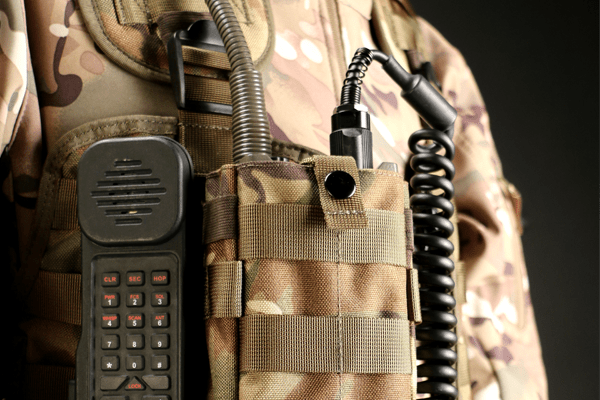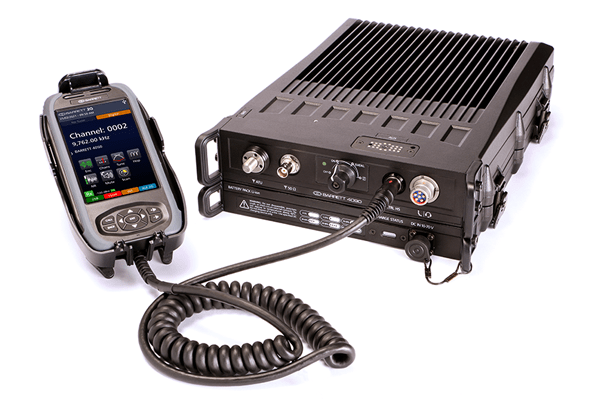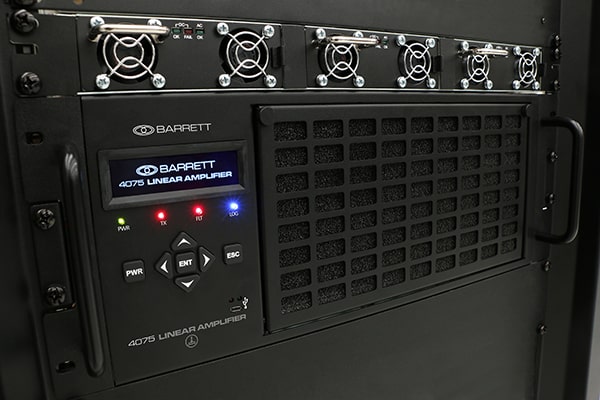The importance of having allies
The importance of having allies
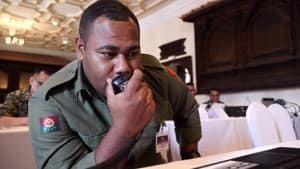
Strategic alliances are built on solid communication, especially when those alliances involve emergency response. Whether for purposes of diplomacy or strategic advantage on the battlefield, the importance of having allies truly cannot be overemphasized. All throughout Australia’s history, the country has maintained strong alliances with countries that have shared interests, common goals and values. Many of the treaties and international agreements that have been formed or remain in place have shaped the world as we know it.
Alliances require at least two or more parties, and for them to be truly successful and sustainable, ongoing communication is essential. That is especially true when natural disasters occur and the world must unite to help those in need.
Consider the number of humanitarian efforts undertaken in an average year. Multiple countries experience devastating flooding, which destroys roads, homes, bridges and threatens peoples’ lives and livelihoods. When response teams are deployed, they are given the equipment required to coordinate efforts between multiple agencies and nations — such as radio equipment — but they also need a plan and an approach.
Pacific Endeavour brings nations and communications together
Multi-nation interoperability is what Pacific Endeavour is designed to achieve. Launched in 2005, Pacific Endeavour is an annual event in which military representatives, partner nations and decision-makers in the communications and cyber industries come together to ensure interoperability in the event of a disaster, with the communications systems they currently use in their country. It has been held in several parts of the world over the years, including Hawaii and the Philippines.
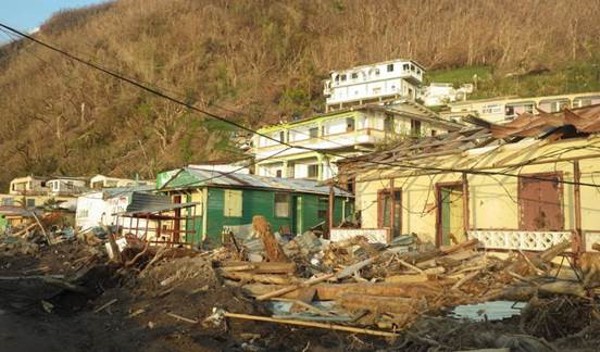
Humanitarian efforts in the aftermath of natural disasters would not be successful without ongoing communication with other rescue teams.
“[Pacific Endeavour] is a unique event that specifically focuses on communications and interoperability in a humanitarian aid disaster response (HADR) situation,” Nancy Norton, now-retired Rear Admiral for U.S. Pacific Command, said at a previous capstone event. “When there is an HADR event, oftentimes normal communications are disabled, so this is an opportunity for us to learn our processes of how we would work together when things like power, electricity and regular telecommunications are not available, and to understand what equipment would be available in the participating nations.”
Several countries participate in this annual gathering and the communication exercises take place over 12 days. By working through best- and worst-case scenarios, emergency response groups are better able to collaborate and connect.
Barrett Communications has been invited to attend several Pacific Endeavour events and work alongside the nations that use Barrett HF communications equipment to ensure seamless voice and data interoperability with all nations and equipment involved in the scenarios. For example, in 2018, teams from Fiji, the Solomon Islands and Bangladesh used PRC-2090 tactical radios and 2050 HF SSB transceiver devices. Events such as these are essential to supporting customers and their allied relationships with neighbouring countries in times of need.
To find out more about Barrett Communications’ broad range HF radio equipment and other tactical transportables, contact us today.

